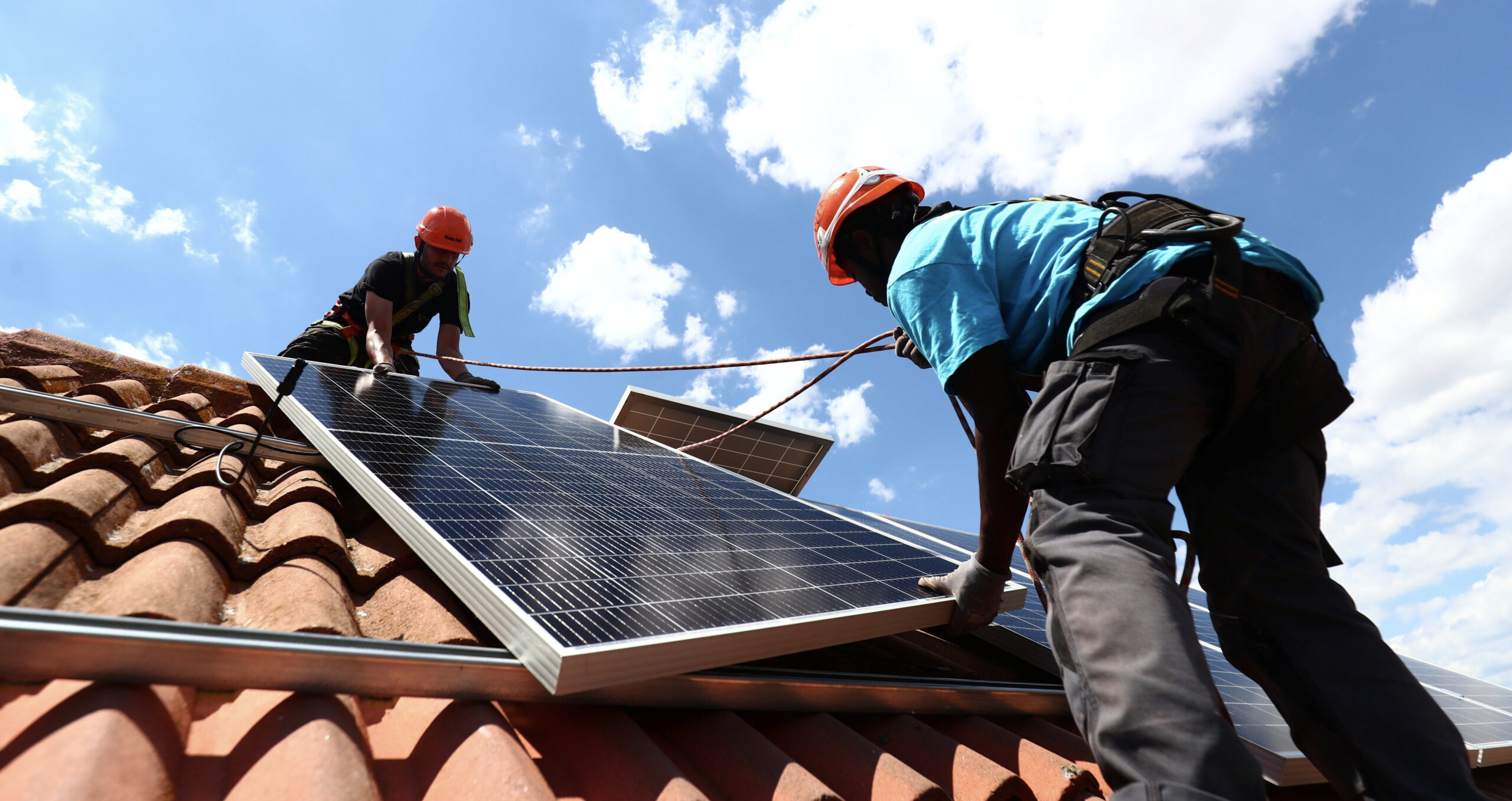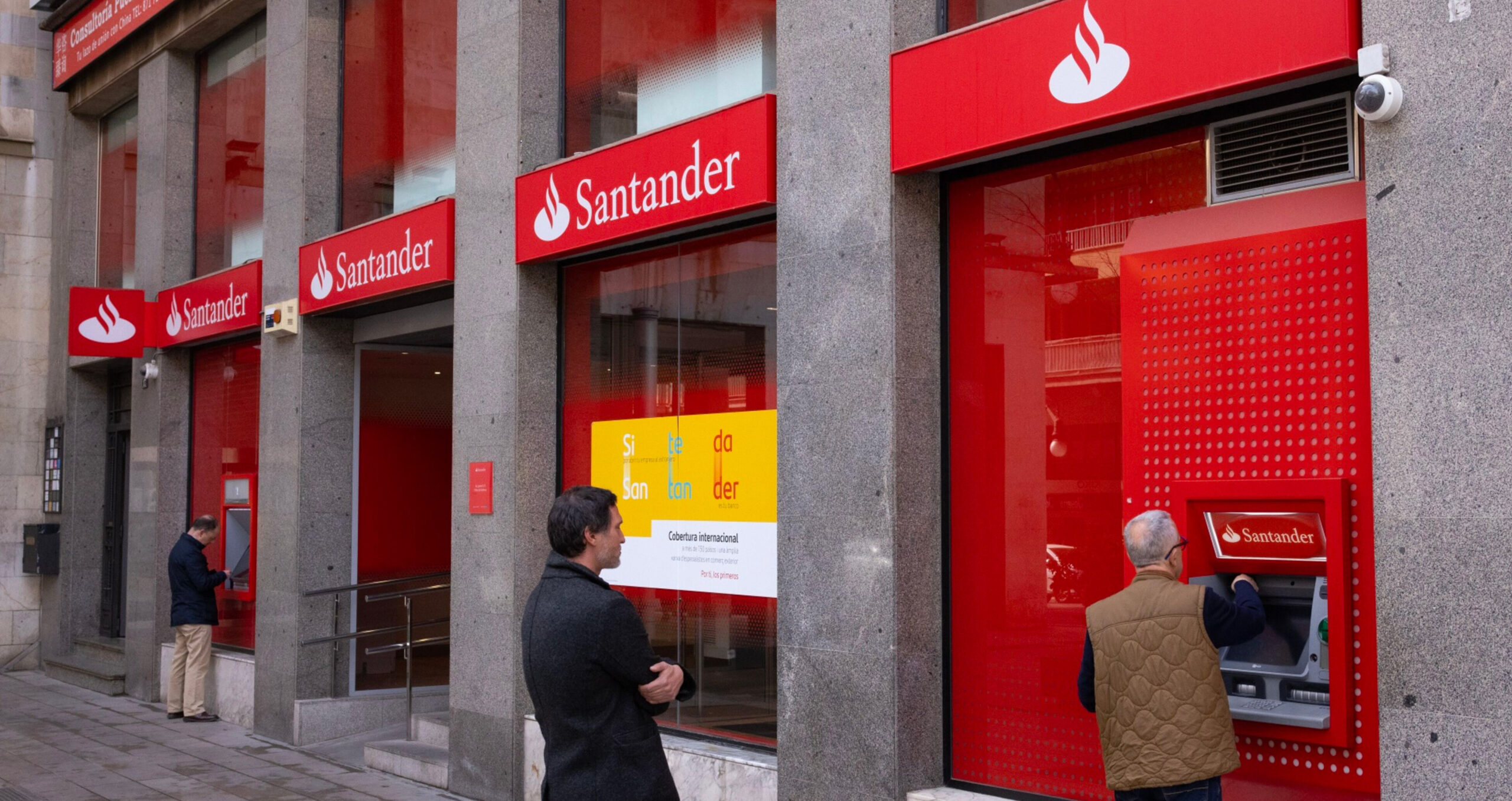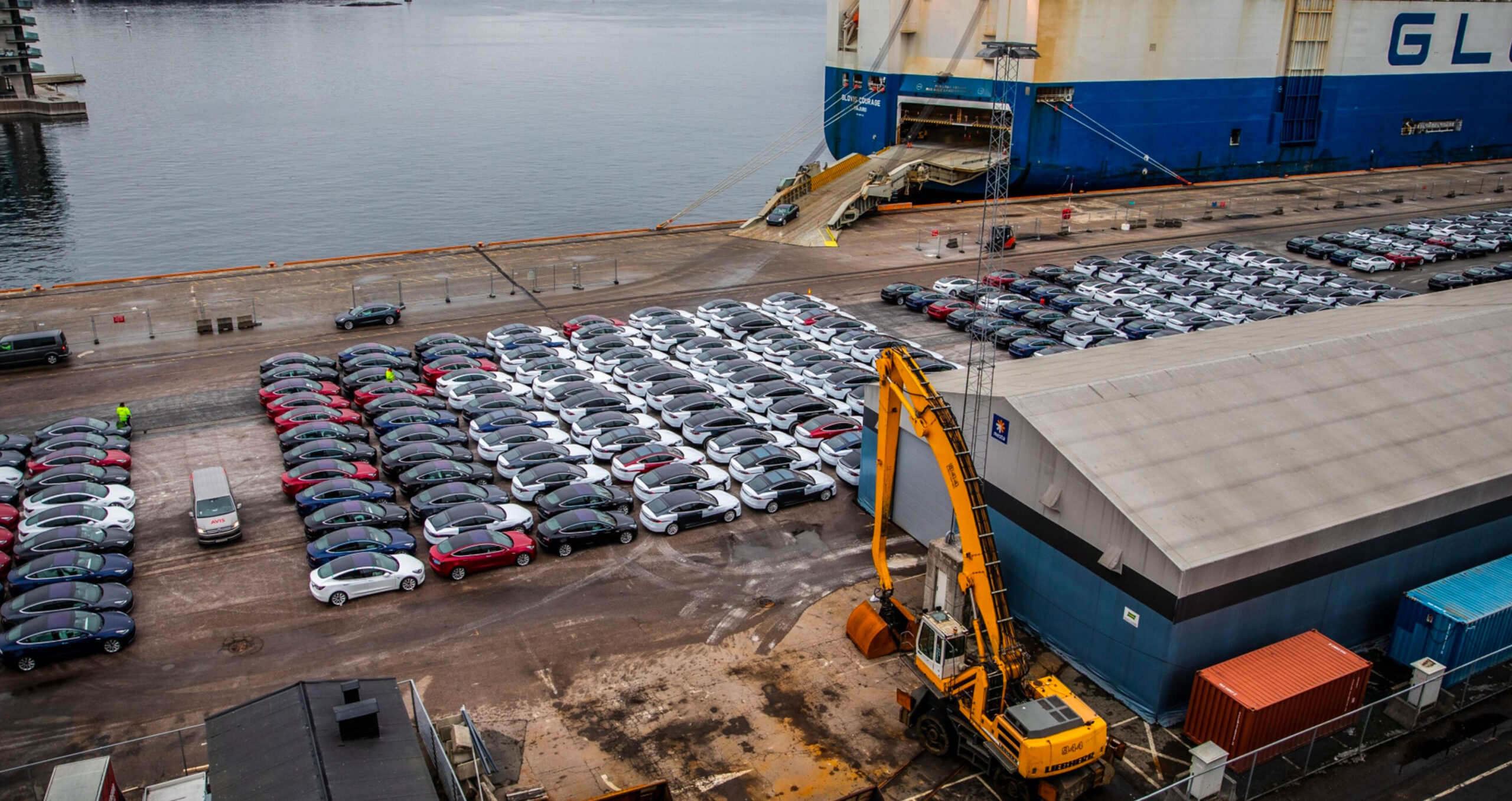

Italian battery manufacturer WeCo, which has emerged as one of Europe’s fastest-growing companies, is looking to scale up its operations beyond the domestic market.
While Europe’s governments harbour dreams of homegrown gigafactories, companies in the region that rely on established Chinese supply chains are making a fortune. Among them is WeCo, a family-owned Italian company based in Scarperia, 30km north of Florence, which has experienced rapid growth since its 2015 launch.
WeCo imports and markets lithium-ion battery energy storage systems that are produced by a Chinese subsidiary. While Italy remains by far its largest market, WeCo’s batteries are used everywhere, from rural communities in remote parts of Africa, Australia and Micronesia, to charity Médecins Sans Frontières hospitals, to homes across Europe and the US.
Eight years after being founded, WeCo has installed about 250,000 Bess units, generating a total of 1.6 gigawatt hours in 42 countries. In 2022, it generated revenues of €220mn — up from €61.8mn in 2021 and €11mn 2020, according to company figures.
This rapid progress has won WeCo recognition as Europe’s third fastest-growing company in the latest edition of the FT1000 ranking of the fastest-growing companies in Europe, behind two fintechs.
Company history
First established as an installer of wind and photovoltaic plants, WeCo quickly switched to the Bess market — an often-overlooked segment of the energy transition. As sales director Marco Falorni says: “Without storage systems, renewables have limited development.”
Renewable energy sources are intermittent by nature, so Bess infrastructure is vital in plugging the time gap between the supply of wind and solar energy, and demand — from on-grid consumers to utility-scale renewable energy developments, as well as for smaller, off-grid ones.
Initially, WeCo imported components from China for assembly in Scarperia, but as sales grew the company set up a joint venture in China’s south-eastern province of Guangdong in 2019. This facility has supplied the finished products ever since, though Italy still hosts a minor assembly line.
“We have a limited fleet of models that meet everyone’s needs, from domestic to industrial, low and high-voltage. They are modular, and therefore it is possible to scale up their capacity,” says Falorni.
“In addition, they can be digitally controlled remotely, which allows our batteries to be successful even in the most remote villages of Africa — places that may take two or three days of travel to be reached.”
So far, the Italian company has anchored its rapid growth mostly to the domestic market. Thanks to the government’s fiscal incentives for domestic solar applications, WeCo’s domestic market will continue to see double-digit percentage growth in installed capacity until 2025, according to the company’s 2021 annual report.
Spain and Germany are WeCo’s other main markets, while the company is planning to scale up its operations in the US following the introduction of the Inflation Reduction Act, as well as increase its footprint in fast-growing markets such as India.
Outlook
Despite protectionist policies in the US and Europe — most of which target Chinese suppliers in strategic industries such as batteries — WeCo is committed to keeping most of its production base in Guangdong.
“China has the whole lithium value chain, from extraction to the production of battery modules. In this respect, they are 10 years ahead of Europe,” says Falorni.
“We would like to have a shorter value chain, but that would mean a big effort [by European authorities], and at the moment the EU is investing mostly in facilities serving electric mobility.”
It would be beneficial for the European industry to get involved in refining lithium carbonate and producing the materials needed to build the cells, so that we have an all-EU supply chain
Marco Falorni, WeCo
As Gianclaudio Torlizzi, a raw materials expert and founder of consultancy T-Commodity, points out: “Beijing almost entirely controls the supply chain of solar panels and wind blades, as well as the production of essential metals for the energy transition, such as copper, aluminium, cobalt, rare earths and nickel. The refining of these minerals is a sector in which there is a real bottleneck, and here again China is the world leader.”
However, WeCo recognises the long-term strategic need to establish a local production footprint. According to its 2021 annual report, it has “to gear up and think of our local production capacity [within the EU]” in light of evolving EU regulations and trade barriers.
The company now plans to start a new automated line near its site in Scarperia, to study product and process improvements. At the same time, it is looking into battery recycling as an alternative source of production. To this end, WeCo launched two feasibility studies in partnership with the University of Pisa, to build a lithium battery recycling site in Europe and a nearby plant to produce lithium-iron phosphate cells for the immediate reuse of recycled materials.
“It would be beneficial for the European industry to get involved in refining lithium carbonate and producing the materials needed to build the cells, so that we have an all-EU supply chain,” says Falorni.
The availability of batteries to be recycled is expected to skyrocket across Europe in the next few decades as electric mobility takes hold and electric vehicle batteries come to the end of their life cycles.
A research project led by the Polytechnic University of Milan estimates that about 3.4mn tons of second-life batteries will be available to be recycled in Europe by 2050, compared with a recycling capacity that is currently limited to 80,000 tons a year. However, as much as €2.6bn will need to be invested across the continent to fulfil this recycling potential, the study estimates.
The scope for new business and new jobs is therefore immense, and WeCo, like a handful of other companies, is committed to making the most of it.
This article first appeared in fDi Intelligence
Similar Articles

Banks under pressure to reveal data comparing green and fossil fuel spending

With better planning and investment, EV uptake could offer storage and grid flexibility


